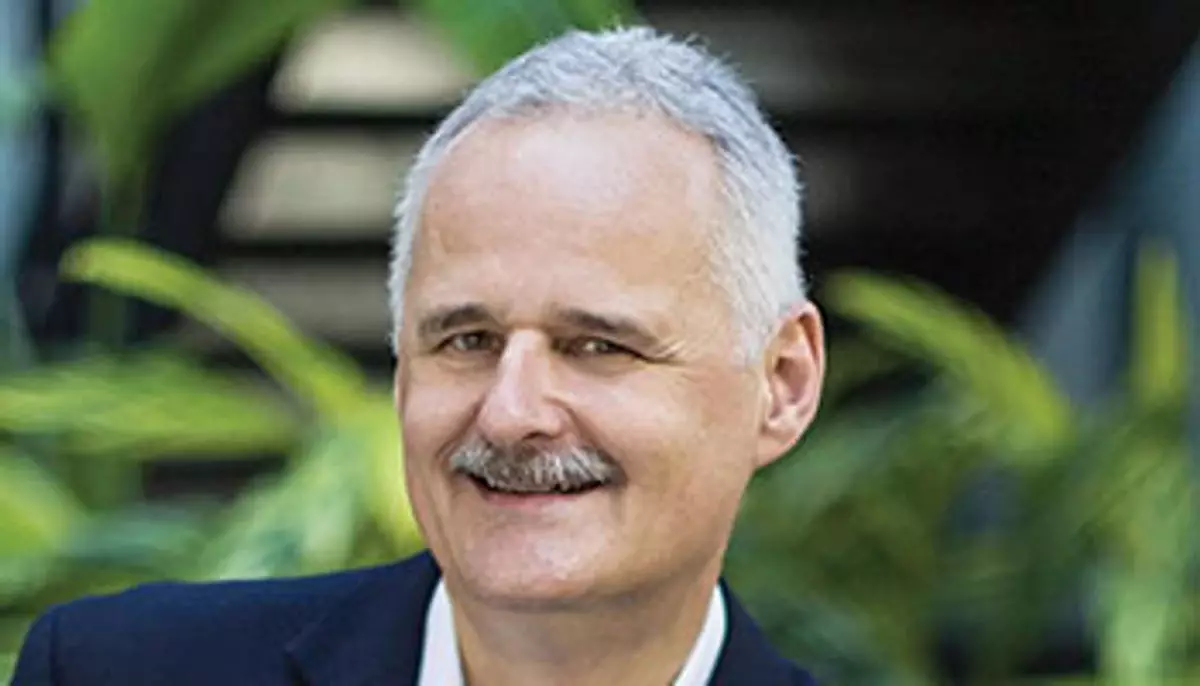Just a few months ago, Gebhard Rainer was synonymous with luxurious Caribbean getaways as the CEO of Sandals Resorts International. Transitioning from a well-established brand known for its sun-soaked vacations to leading HX, an expedition cruise line that focuses on exploring some of the planet’s coldest corners, is monumental. This shift isn’t merely a career change for Rainer; it represents a deep commitment to sustainability and community engagement in the travel industry. In an interview aboard the Fridtjof Nansen, Rainer elaborated on the motivations behind his career transition and his visionary plans for HX.
Rainer’s inaugural experience with cruising was during port visits; he had never embarked on a cruise himself, and he openly admits that the mainstream cruise experience didn’t resonate with him. “I’m not a cruise fan,” he states candidly. Rather than succumbing to the conventional allure of massive vessels, Rainer was attracted by the unique ethos of HX. What fascinated him were the company’s principles centered around sustainability, scientific exploration, and creating educational moments for travelers. This new direction reflects a broader shift in the travel industry, where more tourists are seeking meaningful and responsible adventures rather than just traditional leisure trips.
Rainer articulates a distinct measure of success for HX, which transcends typical industry metrics. Instead of merely focusing on financial metrics, he emphasizes a transformative goal: instilling a significant change in mindset among travelers. He acknowledges the existing concerns surrounding the environmental impact of cruises, especially in sensitive areas like the Arctic and Greenland. Rainer’s vision requires HX to collaborate with local communities, fostering a two-way relationship by asking, “What can we do for you?” rather than imposing a predetermined experience. Through this engagement, the company aims to offer guests profound experiences that not only enrich their understanding of the world but also provide tangible benefits to the communities they visit.
Reflecting on current market trends, Rainer observes that post-pandemic consumer behavior has reverted to pre-pandemic norms, albeit with a few notable shifts. Spontaneous bookings have significantly decreased, with travelers returning to more structured planning routines. While the immediate aftermath of the pandemic saw a flurry of last-minute vacations, a sense of stability has emerged, allowing consumers to anticipate their future travels and plan expedition cruises up to two years in advance. This trend does not signify a decline in interest; rather, it underscores a well-considered approach to travel.
One of the most compelling aspects of Rainer’s vision for HX lies in his strategic focus on the North American market. Currently making up only 18% of their business, Rainer envisions that figure doubling as more American travelers seek out expedition cruising options. He recognizes North America as a pivotal market for the tourism industry—one that is just beginning to grasp the potential of expedition experiences. The Canadian audience appears to be more in tune with expedition cruising trends, providing a unique opportunity for HX to leverage this understanding to capture the growing interest of American travelers.
As Rainer steers HX into uncharted waters, one continues to wonder how this strategic and philosophical pivot will influence the landscape of cruise tourism. The commitment to sustainability, local community engagement, and innovative experiences stands in stark contrast to traditional cruise models, which often prioritize profit over responsibility. Rainer seems prepared to chart a course that embraces a more ethical and enriching approach to travel, one that resonates deeply in a world increasingly aware of its environmental conscience. The expedition cruise industry may well be on the brink of a renaissance, with Rainer at the helm steering it toward a brighter, more sustainable future.


Napsat komentář